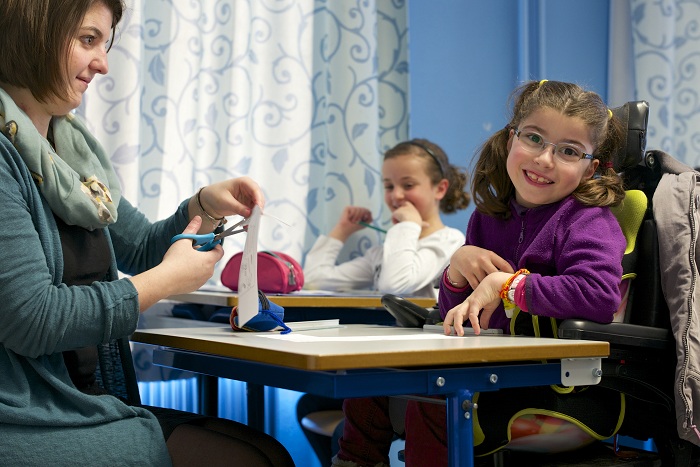European Economic and Social Committee asks the European Union to broaden the scope of the European Disability Strategy
Published:
In its recent opinion on a new strategy for persons with disabilities in the European Union, the European Economic and Social Committee (EESC) analysed Concluding observations of the EU policies by the United Nations Convention on the Rights of Persons with Disabilities (UN CRPD) Committee and called on the EU to review the European Disability Strategy (EDS). The EESC suggested to introduce more areas of action and link the Strategy to the review and revision of policies, programmes and funding instruments, as well as to set a clear implementation timeframe, budget and specific benchmarks and indicators. On the EU legislative level, the Committee asked the European Commission to adapt the draft proposal for an Equal Treatment Directive to comply with the UN CRPD and the Concluding observations on the ground of disability, as well as to prepare and develop a new 2020–2030 Global Disability Rights Agenda.
The Committee stressed the specific situation of young people and children with disabilities and called on the EU to develop a comprehensive rights-based strategy for boys and girls with disabilities and to integrate it in the EU Agenda for the Rights of the Child and the EU Youth Strategy.
Regarding the education sector, the EESC asked the European Commission and the Board of Governors of the European schools to develop and implement an inclusive quality education system at all levels in the European schools, providing reasonable accommodation, support and a non-rejection policy for all students with disabilities. To ensure the mobility of all students with disabilities in the EU for secondary and tertiary education and vocational training, the EESC suggested to adopt the EU compulsory inclusive education exchange quality framework (e.g. Erasmus student exchange programme).
ETUCE welcomes the holistic approach of the EESC to the EDS to consider not only the integration of disabled adults into society, but to focus also on the specific needs of children and young people with disabilities. However, ETUCE points at the lack of reference in the EESC opinion to the need to help the families of disabled students and to the important role that parents and families of disabled students and young people have in taking care of their education. Moreover, ETUCE suggests that the European Commission and Member States national governments promote effective social dialogue on how to integrate children and students with special needs in education, not only with the European Disability Movement, as recommended by the EESC opinion, but also with education trade unions.